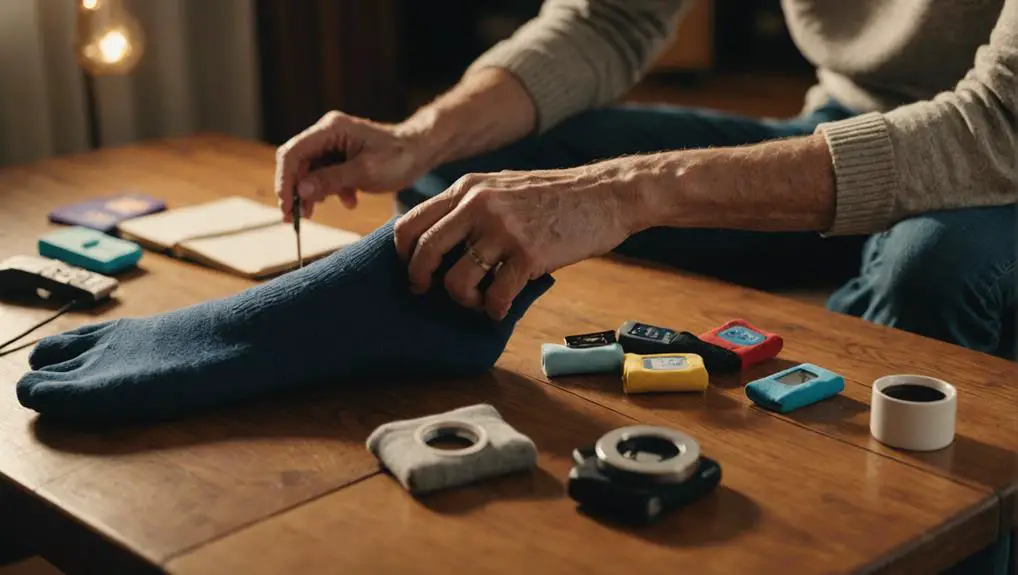I am sure We also have heard about how beautiful the relationship between a parent and their child is, how it is the most rewarding and most significant part of your life. But remember, there are two sides to a coin. If a relationship/ bond can be so significant and beautiful, imagine the flip side of it. If not done right, it can be the most painful and hurtful thing.
Sometimes it is not all rainbows and butterflies like they tell you it is; well, it rarely is, but there are some situations where this relationship can become a nightmare to deal with. And by “situation,” I mean alcoholism.

Alcoholism is one thing that can ruin a fairy tale of a life. We’ve all heard how parenting is hard and how it can be exhausting, how parents have to keep finding out new ways and need to keep themselves updated on what’s going on in today’s world to ensure better upbringing of their kids.
Which no doubt is a very difficult thing to do, but do you know what is more difficult? When a child has to find out new ways to handle and help their parents out without hurting them, especially if they are in their old age and are alcoholics.
And if you are someone who is dealing with a situation like this or similar to this, we are sorry that you have to deal with it. We understand that it must be something very hard for you to deal with; seeing someone you love so dearly destroy themselves and/ or act up when they are under the influence must be very difficult. But know that bad things don’t last forever, and to ensure that we are here to help you out today.
In today’s article, we have listed down a few do’s and don’ts while dealing with an elderly parent who has issues with alcoholism. So without further ado, let’s get into it:
Table of Contents
How to Deal With an Elderly Alcoholic Parent
Tip no. 1: Communicate When the Time Is Right
You know how everyone says communication is the key to every and any relationship. Well, they are (almost always) right. Only if we knew the wonder good communication could do we would never stop.

But like everything, communication requires good timing as well. How you may ask? Well, one thing that you need to remember is to never try to talk them out of their bad habit while they are drunk or are already in a bad mood. Our aim is not to trigger them but to make them release that it’s now high time they start working on their addiction problems.
So talking to them when they are already mad or in a bad mood will make them argue with you more since they won’t be in a healthy mindset to try and grasp what you are saying.
So either talk to them when they are suffering from the negative consequences of drinking, for example, when they are hungover or when they hurt themselves or someone they love (e.g., you) because they were under the influence. Without challenging them or blaming them, help them realize what they are missing and help them realize how harmful drinking can be and what they will be missing out on if they lost the battle to it.
According to research, a high level of fear arousal can elect more of a defensive response from people instead of understanding. Yes, they will get scared for a while, but it will create a feeling of helplessness in them, which of course, will defeat the purpose. However, just the right amount of fear (meaning give them information in a non-graphic or scary way/ give them enough information for them to think about it) can be quite beneficial in achieving your goal. So be careful about that, and try not to create a lot of fear arousal in your parents while communicating.
Tip no. 2: Ask Questions That Encourage Self Reflection
When having a conversation with them, remember to not just make them listen but let them participate as well. Ask them how they feel about their drinking problem, what they want to do in the future, how they want to feel, and then ask them how they think their current drinking problem will affect what they want. It should not be just you addressing their situation and everything that has been going on.
They need to be the ones to address them as well. They need to realize that there is an actual problem, and it’s not just you being paranoid or worried over nothing.
The more they will talk, the easier it will be for them to understand and realize where you are coming from. This might encourage them to think about everything discussed in the conversation later on as well. Because it is not only you telling them everything, it’s also them reflecting on their actions as well as their present and future.
Tip no. 3: Talk to Them With Love and Respect While Avoiding Negative Labels:
This is another aspect of communication; there are many ways to communicate, but choosing the right way to do so is very important in such circumstances.

While we understand that it might be very frustrating for you to deal with a situation like this, We can’t ignore the fact that your parents are now at an age where what they need the most are respect and love. So when talking to them, try to talk in a manner where they feel like they are loved and respected and that they have someone who loves them unconditionally and worries about them.
This will make them emotional, and whole emotions can lead you to make bad choices in life. It can also help you make the best decisions. Don’t make them feel like they have already lost it all and that there is no point in correcting their ways. Make them feel that there is still a lot in life to live for. This will motivate them to take the required step towards a better life.
Another very crucial thing that needs to be done is, getting to know the sole reason due to which they took this step towards destroying their life. Because everyone has a story, even our parents. If you can help them figure out the basics (no matter how old it might be), it might help them. Other than that, help them reminisce about the good old days, this will make them reflect on their life, and then they might have a “what am I doing with my life” moment.
Tip no. 4: Make Them Feel Heard:
As important it is for you to talk to them, to bring your point across, and for them to understand, it’s more important for them to feel heard. Once they open up to you about what they are going through and what they are feeling, you need to listen. If they feel like you are being annoyed or you are not really listening to them, then they will stop opening up. They will stop sharing things with you and will keep them bottled up. And the more they bottle up their emotions, the worse their drinking problem can get.
So know when to talk, and also when to listen. Find the right balance. Do not overwhelm them either way. They need to stay calm and not get upset over anything.
Tip no.5: Be Straightforward and Honest About All Your Concerns Regarding Them
As important as it is for you to be respectful, loving, and caring, you also need to be straightforward and honest. You need to tell them and make them realize where you are coming from, what you are worried about, and what you feel about their situation. Especially if their mental, physical, and financial situations are taking a huge hit. Communication is key. The more you communicate with them, the better they will be at understanding everything.
And remember, Do not be rude to them, or just straight up blame them for everything, remember they are struggling right now, and the last thing they need is someone going off at them. Expressing your concerns and making them open up is a lot different than blaming them for everything. Because at the end of the day, our goal is to help them realize and recover, and not trigger them or to get them angry, it might lead to them becoming more stubborn or less likely to change their behavior/ work on themself.
Last but not least, be patient with them; withdrawing from your addiction can be extremely difficult. It can make you a whole different person (but so does drinking). Through it all, there might be some very good days, but then there might be some very bad ones as well, And the worse part, there might be times where you’ll think it’s finally happening, and then they relapse. But good things take time, right? So In those bad days, help them remember why they decided to get it all together.
Just remember to never let it take a toll on you. You are a strong person who deserves all the good things life has to offer. And be ready; the good things are on their way!

Hi, my name is Eddie, I am a professional trainer specializing in the elderly population and I’m also a website designer. I love training in the gym, going to the beach, traveling, and having good food.
I combined my love for sport and website designing to make “DisabilitEase” whose purpose is to help elderly and disabled people live a more full and active life, have more fun, and enjoy their unique journey despite any disability.


